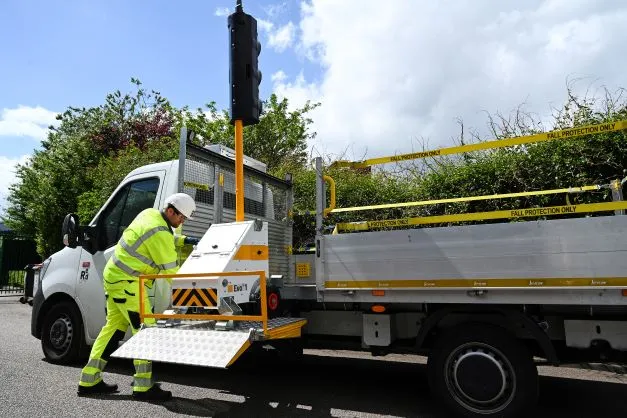Keysight says the collaboration allows manufacturers of long-term evolution vehicles (LTE-V) standard-based chipsets, devices and on-board units and roadside units to validate the radio frequency (RF) performance of the PC5 interface.
The PC5 refers to a reference point where user equipment (UE) such as a mobile handset can directly communicate with another UE over the direct channel.
This ensures reliable deployment of C-V2X technology and allows users of Keysight’s integrated C-V2X solutions to validate LTE-V RF measurements from early R&D to design verification test and manufacturing, the company adds.
Gohigh has already used Keysight’s C-V2x measurement solution to validate the RF performance of its DMD31 LTE-V module, which (according to Keysight) allows the company to accelerate the commercial readiness of connected car applications.
Cao Peng, senior director of Keysight’s commercial communications group, says the company collaborates with manufacturers of C-V2X technology to help “R&D teams characterise, understand, integrate and deploy this new technology now and in the future as 5G and C-V2X continue to evolve”.
Keysight extends C-V2X agreement with Gohigh
Keysight Technologies is extending its collaboration with Chinese company Gohigh Data Networks Technology to accelerate cellular Vehicle to Everything (C-V2X) technology for connected car applications.
Keysight says the collaboration allows manufacturers of long-term evolution vehicles (LTE-V) standard-based chipsets, devices and on-board units and roadside units to validate the radio frequency (RF) performance of the PC5 interface.
The PC5 refers to a reference point where user equipment (UE) such as a
May 16, 2019
Read time: 2 mins
Keysight Technologies is extending its collaboration with Chinese company Gohigh Data Networks Technology to accelerate cellular Vehicle to Everything (C-V2X) technology for connected car applications.










